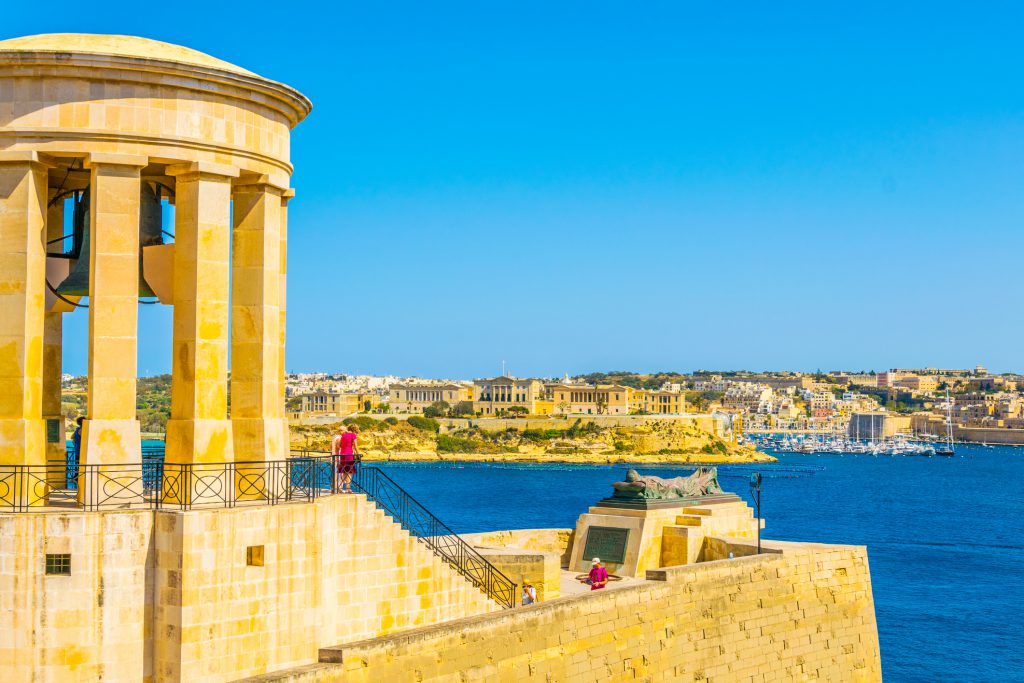Passport scheme raised rental prices, had little trickle down effect

The passport scheme is failing to have the promised trickle down economic effect, is pricing out the Maltese from the property rental market and is attracting applicants from jurisdictions having high money-laundering risks.
These concerns were raised in a report compiled by the Daphne Caruana Galizia Foundation which looked into the impacts of the controversial passport scheme which a few years ago has been renamed as Golden Visa.
Launched in 2016, the scheme had been hailed as a game-changer in terms of attracting high-net individuals to Malta as well as a significant new stream of revenue. Eight years down the line, the report took a snapshot of the situation on the ground and delivered its judgment in terms of the problems it was solving and its benefits.
It transpires that from the limited information available on this scheme, which has always been shrouded under a veil of secrecy, the bulk of the demand for golden visas comes from China. However, the report notes that when comparing the data with the census it emerged most of them are not living in Malta. In other words, they just rent these properties to tick a box. Consequently, the trickle down economic effect was very limited with the biggest beneficiaries being the real estate market as by law these applicants need to rent a property for around €1,000 monthly. The report also raises serious questions whether these properties were being concurrently being rented out to other tenants or even being used as a residence by the owners. Nonetheless, the demand for such properties which are regarded as being in the middle-income market, is pricing out prospective Maltese tenants. Moreover, it transpires that a significant number of the properties being rented out are in the Gozitan villages of Zebbug and Munxar – presumably Marsalforn and Xlendi which are part of these respective localities where there is a high concentration of apartments for rent.
In its recommendations, the report calls for more transparency in this scheme, if it is to be retained. “The government should first and foremost eliminate the culture of secrecy and make sure the media, civil society and the general public could scrutinise reliable and reasonable official data.” Who are the visa buyers? How do they behave after purchasing the golden visa? How many apartments that they rent are managed by owners of the same companies that provide migration services? Who are the intermediaries? These are the questions which the report says are being left unanswered at present.
Another recommendation calls for more checks and balances on the donations being made to NGOs as part of the requirements. The report notes that the one-stop shop system being used at present is vulnerable to various forms of abuse including concealed political campaigning. Instead, applicants should have the possibility to be presented with a wide choice of possibility through a dedicated internet portal to ensure that all the potential beneficiaries are treated the same.
However, the report ends with a stern warning – all such schemes around the world provoked corruption, reputational risks and/or inequality.
